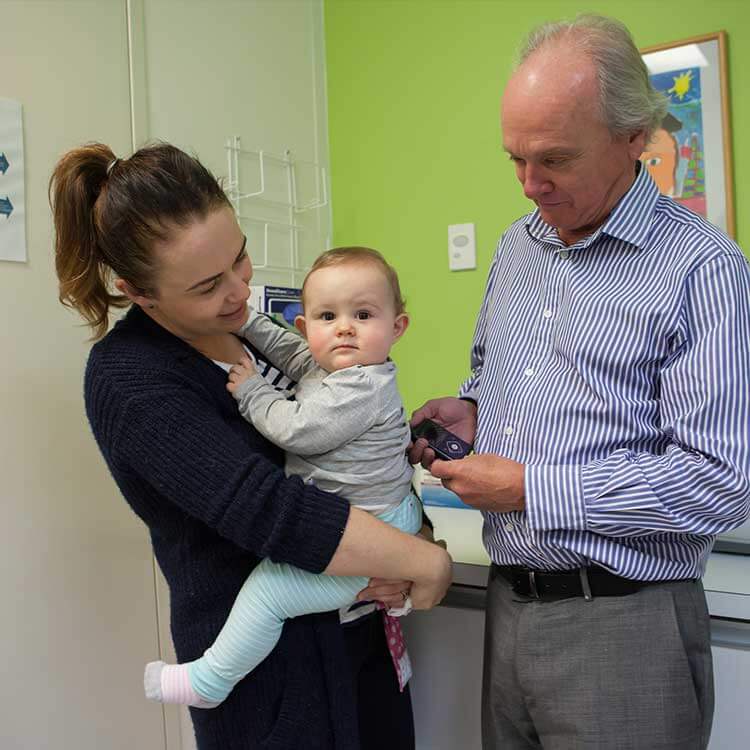Search
Research
Use of remote monitoring with continuous glucose monitoring in young children with Type 1 diabetes: the parents’ perspectiveParents of primary school children reported that using remote monitoring and continuous glucose monitoring was a mostly beneficial experience
Research
Diabetic Ketoacidosis at Onset of Type 1 Diabetes and Long-term HbA1c in 7,961 Children and Young Adults in the Australasian Diabetes Data NetworkThe relationship between diabetic ketoacidosis (DKA) at diagnosis of type 1 diabetes and long-term glycemic control varies between studies. We aimed, firstly, to characterize the association of DKA and its severity with long-term HbA1c in a large contemporary cohort, and secondly, to identify other independent determinants of long-term HbA1c.
Research
Trending now: modelling global epidemiology of type 1 diabetes in children and adolescentsType 1 diabetes, one of the common chronic conditions in children and adolescents, is a serious lifelong condition requiring daily treatment with exogenous insulin for survival. Descriptive epidemiology is important for planning of adequate diabetes health-care provision and could provide clues to aetiology. Over the past few decades, standardised diabetes incidence registries have provided a wealth of data from selected countries.
Research
Diabetes Stigma Predicts Higher HbA1c Levels in Australian Adolescents With Type 1 DiabetesAdolescents with Type 1 diabetes (T1D) often need to undertake self-management tasks in public or disclose their diagnosis to others. Therefore, they may be subjected to negative reactions from the public, known as enacted stigma.
Research
Epigenome-wide meta-analysis of blood DNA methylation in newborns and children identifies numerous loci related to gestational ageWe identified numerous CpGs differentially methylated in relation to gestational age at birth that appear to reflect fetal developmental processes across tissues
Research
Variation in nutrition education practices in SWEET pediatric diabetes centers-an international comparisonNutrition education is central to pediatric type 1 diabetes management. Dietary management guidelines for type 1 diabetes are evidence based, but implementation may be challenging and inconsistent. We describe variation in the practice of nutrition education across pediatric diabetes centers globally and explore associations with A1c and BMI.

The Children's Diabetes Centre's research into Type 1 diabetes, childhood onset Type 2 diabetes and obesity aims to improve the lives of children and adolescents affected by these conditions.
Research
Exercising Safely with Type 1 Diabetes – Development of Clinical GuidelinesOur research focuses on what are the best ways for patients with Type 1 Diabetes to exercise safely. We aim to develop clinical guidelines that provide improved advice for patients and educate patients on how to prevent hypos during and after exercise.
Research
Use of Hybrid Closed Loop therapy in hypoglycaemia awarenessThis study will tell us if the use of a hybrid closed loop system can improve awareness of hypoglycaemia.
Research
Longitudinal Type 1 and 2 Diabetes Plasma and Serum RepositoryThe Serum & Plasma bank was established to provide a store of samples from subjects with diabetes as well as their families.
